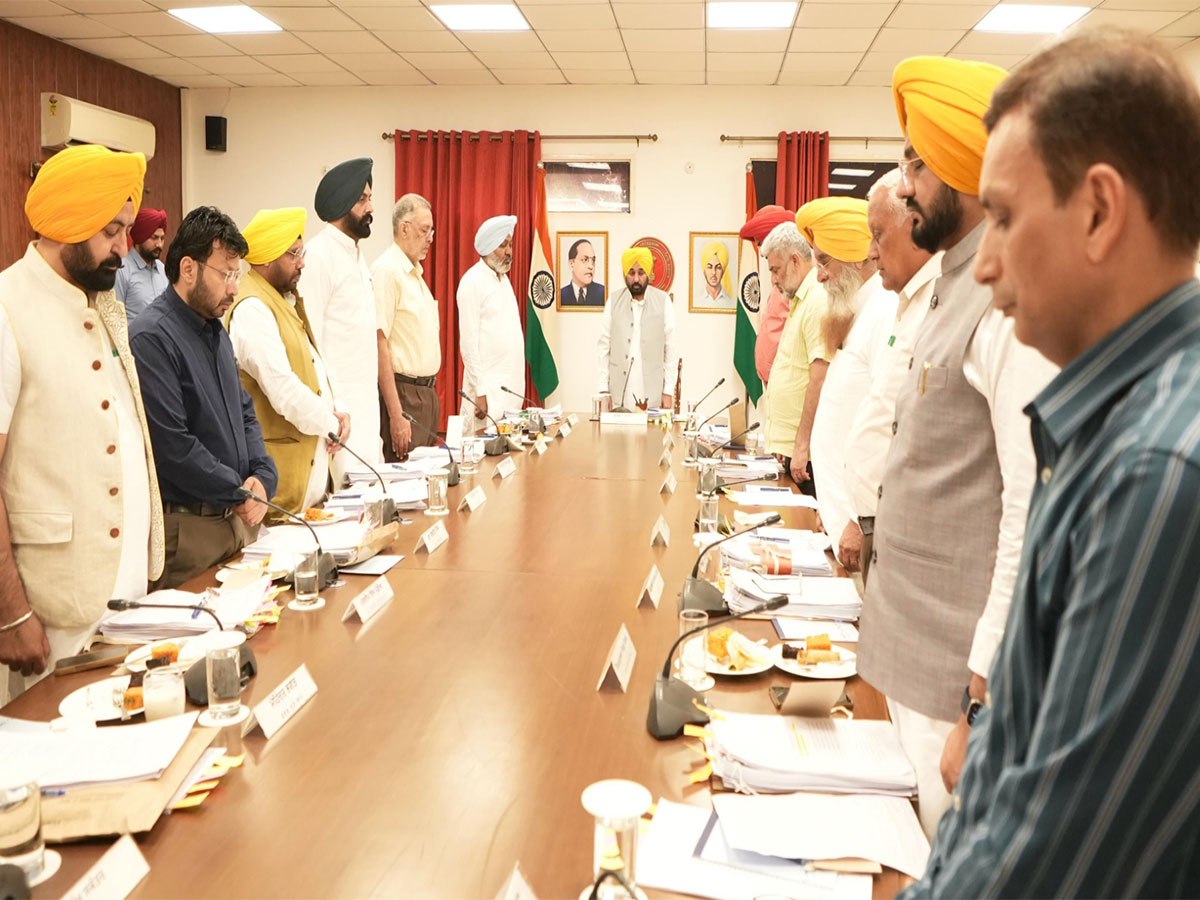Stubble burning continues in Punjab's Patiala despite threat to health
Nov 07, 2023

Patiala (Punjab) [India], November 7 : Despite worsening air quality in several parts of the country and pollution levels posing a threat to the health of people, stubble burning continued in the Ghanaur village of Punjab's Patiala. 
According to an official statement, during the 45 days' period in the current paddy harvesting season i.e., 15th September 2023 to 29th October 2023, the total stubble burning incidents in Haryana, Punjab, NCR - UP, NCR- Rajasthan and Delhi have come down from 13,964 in the corresponding period in 2022 to 6,391 in 2023 and from 11,461 in the corresponding period in 2021 to 6,391 in 2023 i.e., a reduction of 54.2 pc and 44.3 pc respectively.
Meanwhile, the Supreme Court on Tuesday asked the Punjab government to stop stubble burning and listed the matter for hearing on November 10.
The directions of the apex court came while hearing an issue relating to air pollution in Delhi-NCR.
A bench of Justices Sanjay Kishan Kaul and Sudhanshu Dhulia observed that there can't be a political battle all the time and that stubble burning needs to be stopped.
"We want it (stubble burning) stopped. We don't know how you do it, it's your job. But it must be stopped. Something has to be done immediately," the apex court told Punjab after the government's counsel said that farmers are burning the stubble on account of economic reasons.
The apex court said that the Punjab government is seeing a scenario where due to the paddy crop water table declined drastically with wells going beyond redemption."You are promoting millets on one hand and then letting paddy ruin groundwater," the Supreme Court said to Centre.
Supreme Court said that a serious look is required whether this kind of paddy should be grown in the time period in which it is grown, 15 years ago this problem did not arise because such cropping did not take place.
The top court also said that this crop has destroyed the water table of Punjab and that the weather around Delhi affects it.
The air pollution crisis is an annual affair in Delhi. Air pollution levels can be high during the winter months for a number of reasons, including dust and vehicular pollution, dry-cold weather, stubble burning, burning crop residues after the harvest season, and commuting.
Cold air is denser and moves slower than warm air, so it traps pollution and doesn't whisk it away. This means that air pollution in winter remains in place for much longer than during the summer.
According to doctors, for any healthy person, a recommended AQI should be less than 50, but these days the AQI has spiked beyond 400, which could prove fatal for people.

















